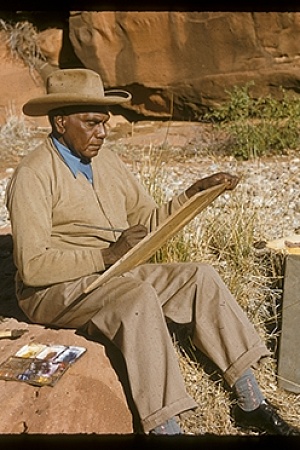Letter from Tel Aviv
Tel Aviv and I go back a few decades. I lived there in the early 1980s, working as a journalist. I fell in love with it then and my romance with the city endures. It is not because it is beautiful or historic (it is barely 100 years old), though the area does have a timeless and much-recorded pre-history. Tel Aviv is badly planned, and many of the buildings are ramshackle and as tenuous as the shifting sands on which the city is built. It is famous for its Bauhaus-style buildings, but many of them are in desperate need of repair. In more recent times, the skyline has been dotted with modernist high-rise tenements and office buildings. They give the city a cold and anonymous edge.
Its special attraction (for me at least) is that it is the home of modern secular Jewish culture. This culture is largely practised in Hebrew, though English abounds. From the perspective of universal access, it is the home of one of the cultural treasures of modern Jewish life, the Israel Philharmonic, populated with some of the best orchestral musicians Russia has produced – Jews who left Russia in the 1980s and 1990s and made their home in Israel, transforming Israeli music.
Continue reading for only $10 per month. Subscribe and gain full access to Australian Book Review. Already a subscriber? Sign in. If you need assistance, feel free to contact us.











Leave a comment
If you are an ABR subscriber, you will need to sign in to post a comment.
If you have forgotten your sign in details, or if you receive an error message when trying to submit your comment, please email your comment (and the name of the article to which it relates) to ABR Comments. We will review your comment and, subject to approval, we will post it under your name.
Please note that all comments must be approved by ABR and comply with our Terms & Conditions.